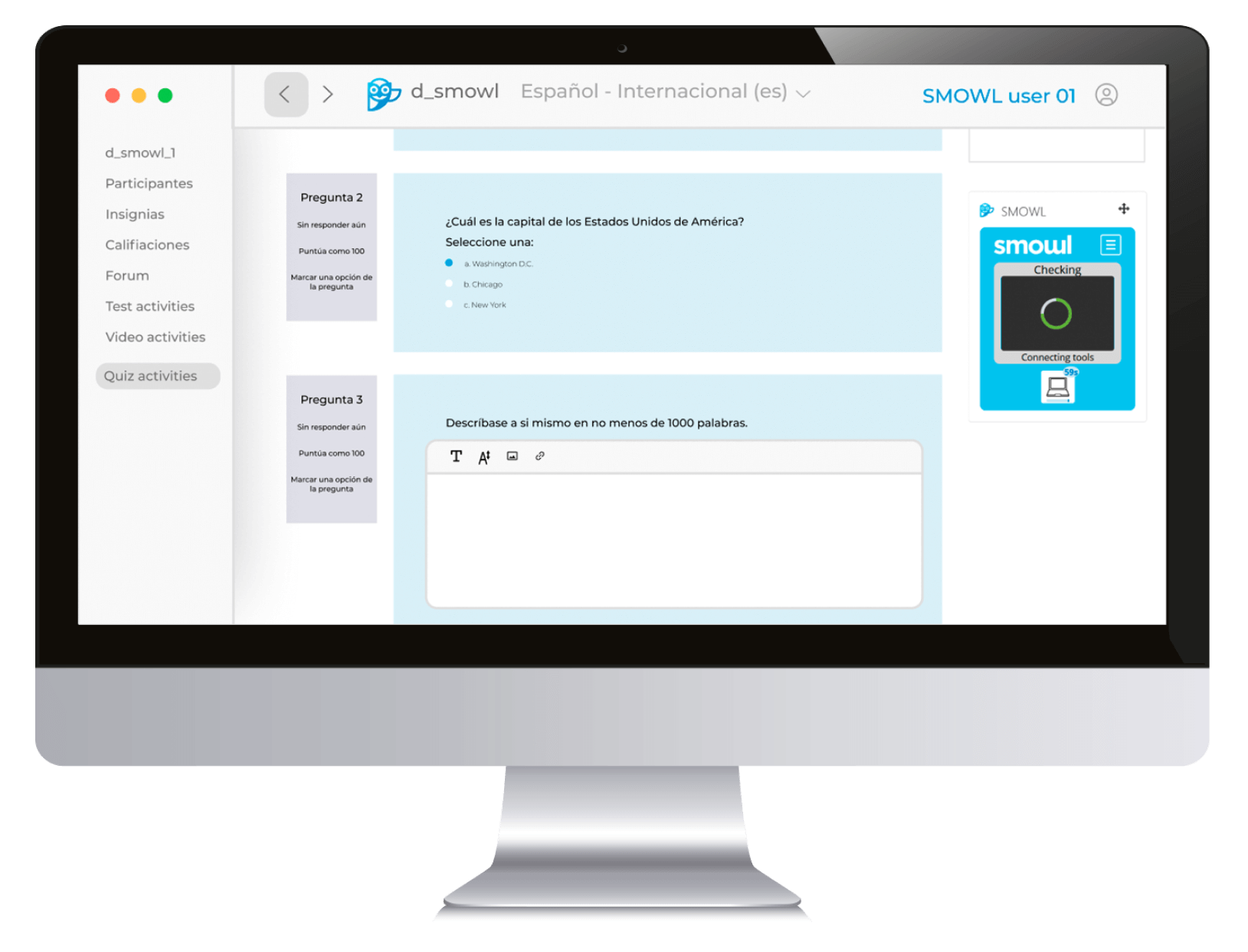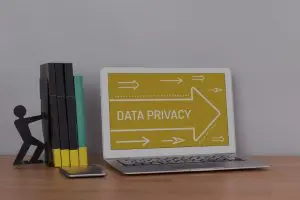Education plays a crucial role in shaping individuals’ lives and preparing them for future success. Over the years, the field of education has witnessed significant transformations, and one such notable development is disruptive education.
In this article, we will explore what disruptive education entails, its features, advantages, disadvantages, and the concept of disruptive innovation in education.
What is Disruptive Education?
Disruptive education refers to an innovative approach to learning that challenges traditional educational models and seeks to create new and more effective ways of educating individuals.
It breaks away from conventional methods and embraces new technologies and personalized learning experiences to enhance student engagement and improve learning outcomes.
As the adjective “disruptive” suggests, this pedagogical strategy entails a sharp and decisive break, on the one hand, to construct a new didactic paradigm and on the other hand, to move towards a profound transformation of educational environments.

The implicit mutation in disruptive education not only requires the introduction of technology in classrooms but also calls for comprehensive work that:
- Modifies objectives.
- Adapts the process to new demands.
- Utilizes innovative tools.
- Includes methodologies like flipped classroom, a flexible educational context that promotes a culture of learning.
- Involves specialized and collaborative teaching staff.

Undoubtedly, this type of education requires the involvement of the entire educational ecosystem to achieve an effective shift towards personalized and autonomous learning that adapts to the demands of globalization.
Features of Disruptive Education
One of the main characteristics of disruptive education is learning through practice –learning by doing– which turns learning into an active and motivating task.
Disruptive education is based on 4 principles that we will develop below.
Personalization
One of the key features of disruptive education is personalization. This approach recognizes students’ unique learning needs, interests, and abilities.
By leveraging technology and data-driven insights, disruptive education aims to tailor the learning experience to individual students, providing them with personalized content, pace, and instructional strategies.
Subscribe today to SMOWL’s weekly newsletter!
Discover the latest trends in eLearning, technology, and innovation, alongside experts in assessment and talent management. Stay informed about industry updates and get the information you need.
Simply fill out the form and stay up-to-date with everything relevant in our field.
Technology
Technology plays a vital role in disruptive education. It enables access to vast amounts of information, interactive learning experiences, and collaborative platforms that enhance student engagement and promote self-directed learning.
Utilizing digital tools, online resources, and educational apps, disruptive education harnesses the power of technology to create immersive and dynamic learning environments.
Personalized follow-up
Disruptive education emphasizes the importance of continuous assessment and feedback.
Educators can identify students’ strengths, weaknesses, and progress through real-time monitoring and analytics. This data-driven approach allows for personalized follow-up interventions, addressing individual learning gaps and providing timely support to ensure students stay on track.
Training of researchers and communities
Investing in the training of researchers and communities is crucial to foster disruptive education. Researchers play a vital role in studying and developing innovative educational practices, while communities provide the necessary support and resources for implementing disruptive approaches.
Collaboration between educational institutions, researchers, and local communities helps drive positive change in the education landscape.
Disruptive Education: benefits and Disadvantages
Disruptive education brings several advantages that contribute to improved learning outcomes and student engagement.
Firstly, personalized learning experiences foster a deeper understanding of concepts and enhance students’ critical thinking and problem-solving skills. By tailoring content to individual needs, disruptive education promotes self-paced learning, increasing student satisfaction and academic achievement.
Moreover, technology integration in disruptive education opens up new avenues for access to education, overcoming barriers of time, location, and limited resources. It enables students from diverse backgrounds to access quality educational content and engage in collaborative learning experiences.

Additionally, disruptive education prepares students for the demands of the digital age, equipping them with essential skills and competencies needed in today’s rapidly evolving world.
However, disruptive education also presents certain challenges and disadvantages. One such concern is the potential for increased screen time and reduced face-to-face interaction.
While technology enhances learning experiences, balancing digital engagement and fostering social and emotional development is essential.
Furthermore, implementing disruptive education requires significant investments in technology infrastructure, teacher training, and ongoing support.
Ensuring equal access to resources and overcoming the digital divide can be a considerable challenge, particularly in underprivileged communities.
Disruptive Innovation in Education
Disruptive innovation in education refers to introducing new and innovative models and technologies that challenge traditional educational practices. Disruptive innovation in education involves creating new learning opportunities, enhancing existing ones, and improving overall student outcomes.
One example of disruptive innovation in education is online learning. Online learning has emerged as a disruptive force, enabling students to access quality education from anywhere in the world, at any time.
By leveraging digital technologies, online learning has made education more accessible, affordable, and flexible, breaking down barriers to learning.
Another example of disruptive innovation in education is personalized learning. Personalized learning leverages technology to tailor learning experiences to individual students, catering to their unique needs, interests, and abilities. This approach promotes self-directed learning, enhances student engagement, and improves learning outcomes.

In conclusion, disruptive education represents a significant shift in the way we think about and approach education.
It challenges traditional models and embraces innovation and technology to create new and more effective ways of educating individuals. While disruptive education presents several advantages, it also presents certain challenges and concerns that require careful consideration.
By investing in research, training, and collaboration, we can harness the potential of disruptive education to transform the education landscape and create a brighter future for all.
At Smowltech, we want to support you in this transformation by providing innovative, effective, and privacy-accessible proctoring products. Request your free demo to experience firsthand our online monitoring solutions for your educational and training programs.
Download now!
8 interesting
facts
about proctoring
Discover everything you need about online proctoring in this book to know how to choose the best software.
Fill out the form and download the guide now.
And subscribe to the weekly SMOWL newsletter to get exclusive offers and promotions.
You will discover all the trends in eLearning, technology, innovation, and proctoring at the hands of evaluation and talent management experts.






